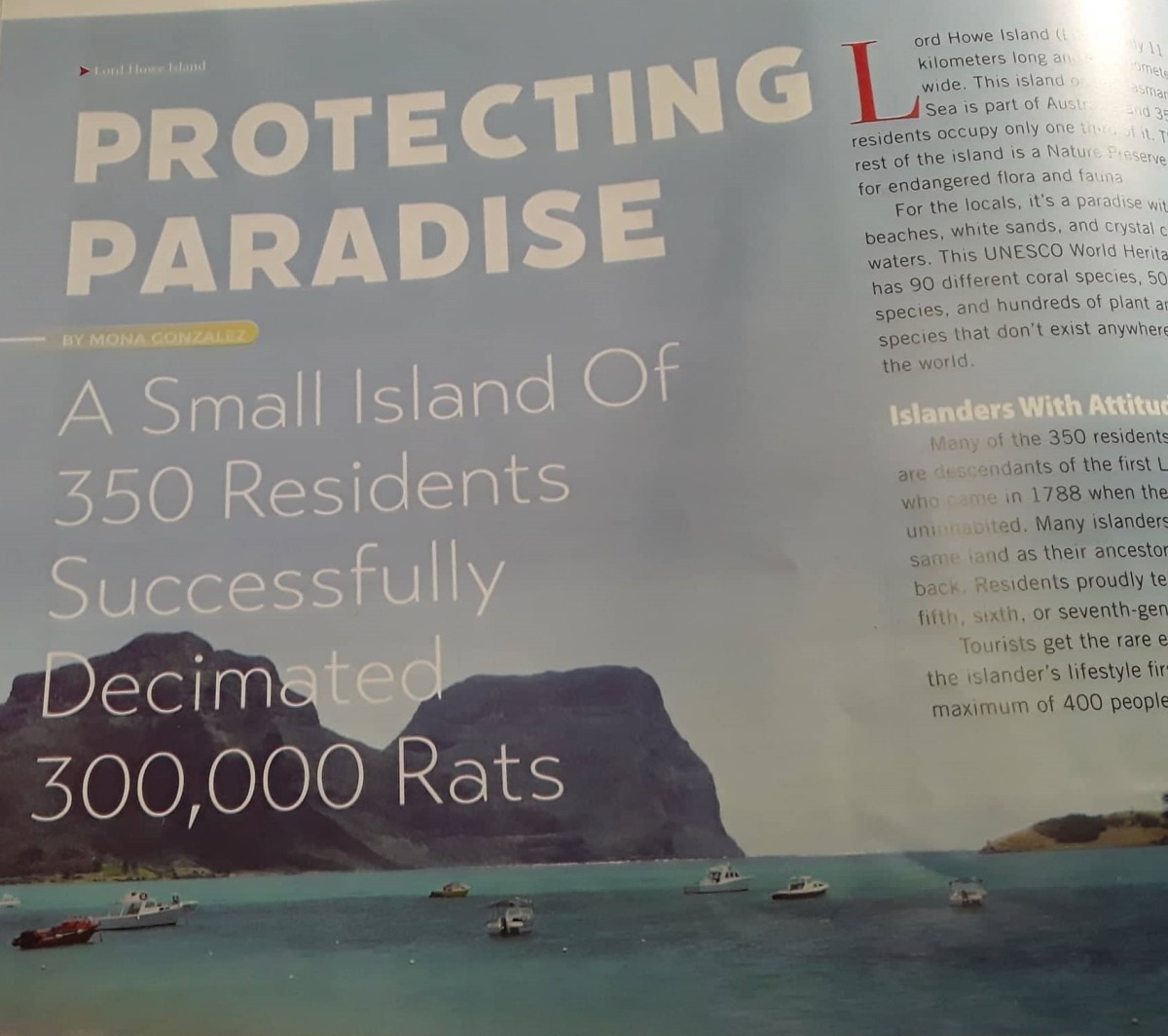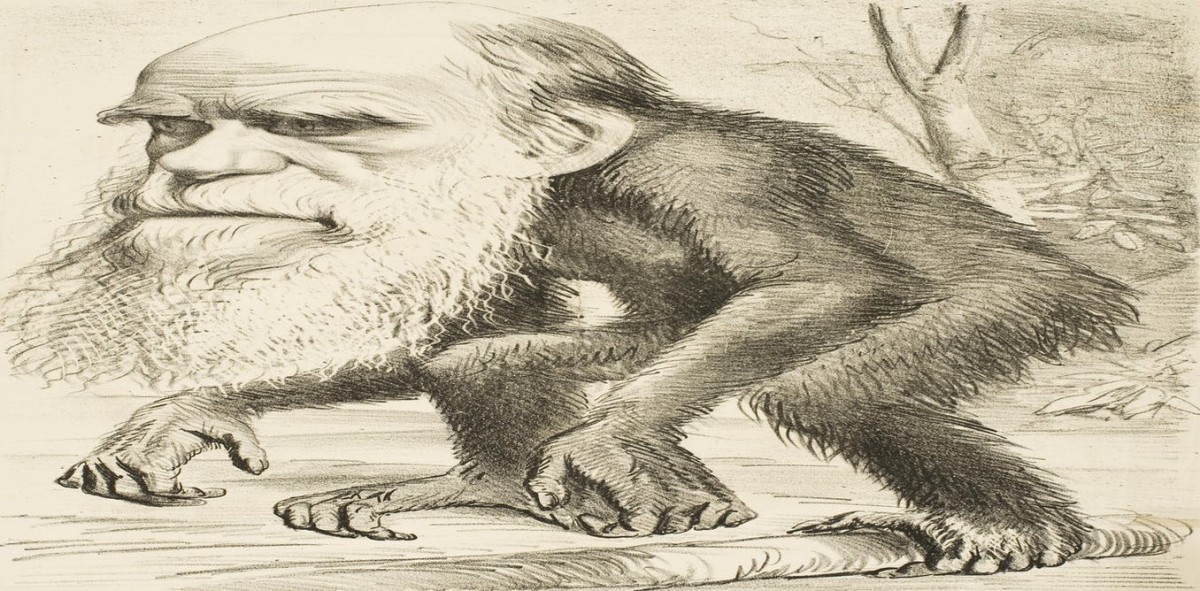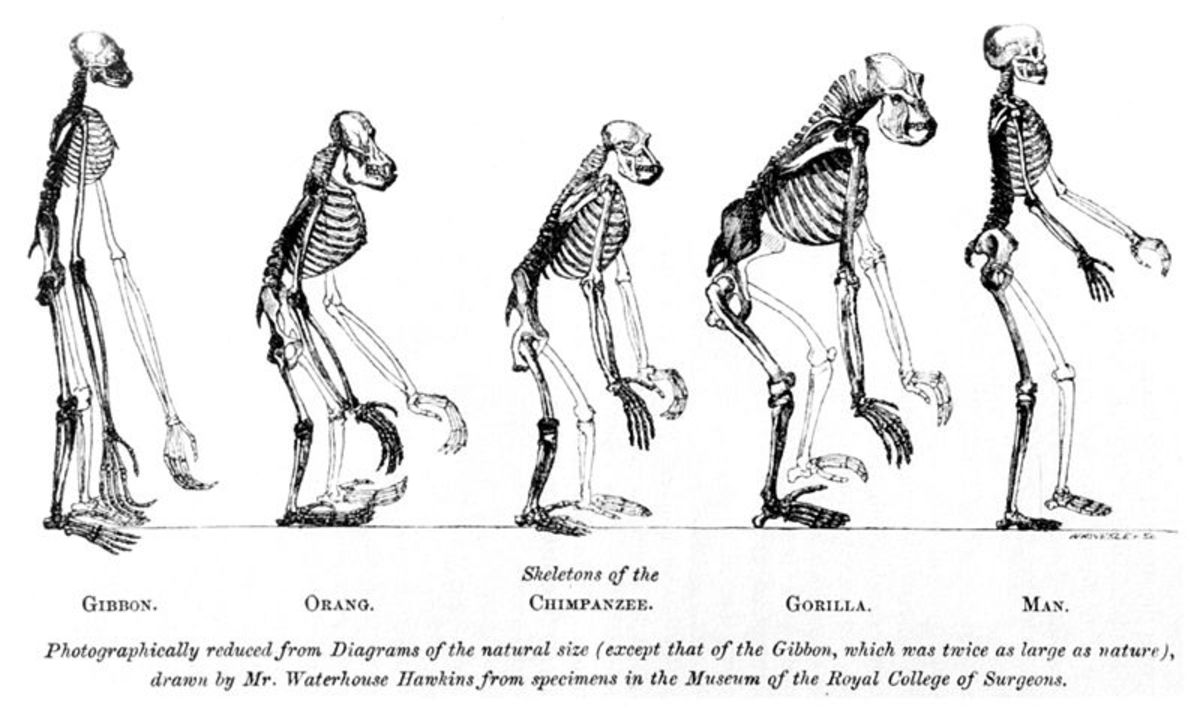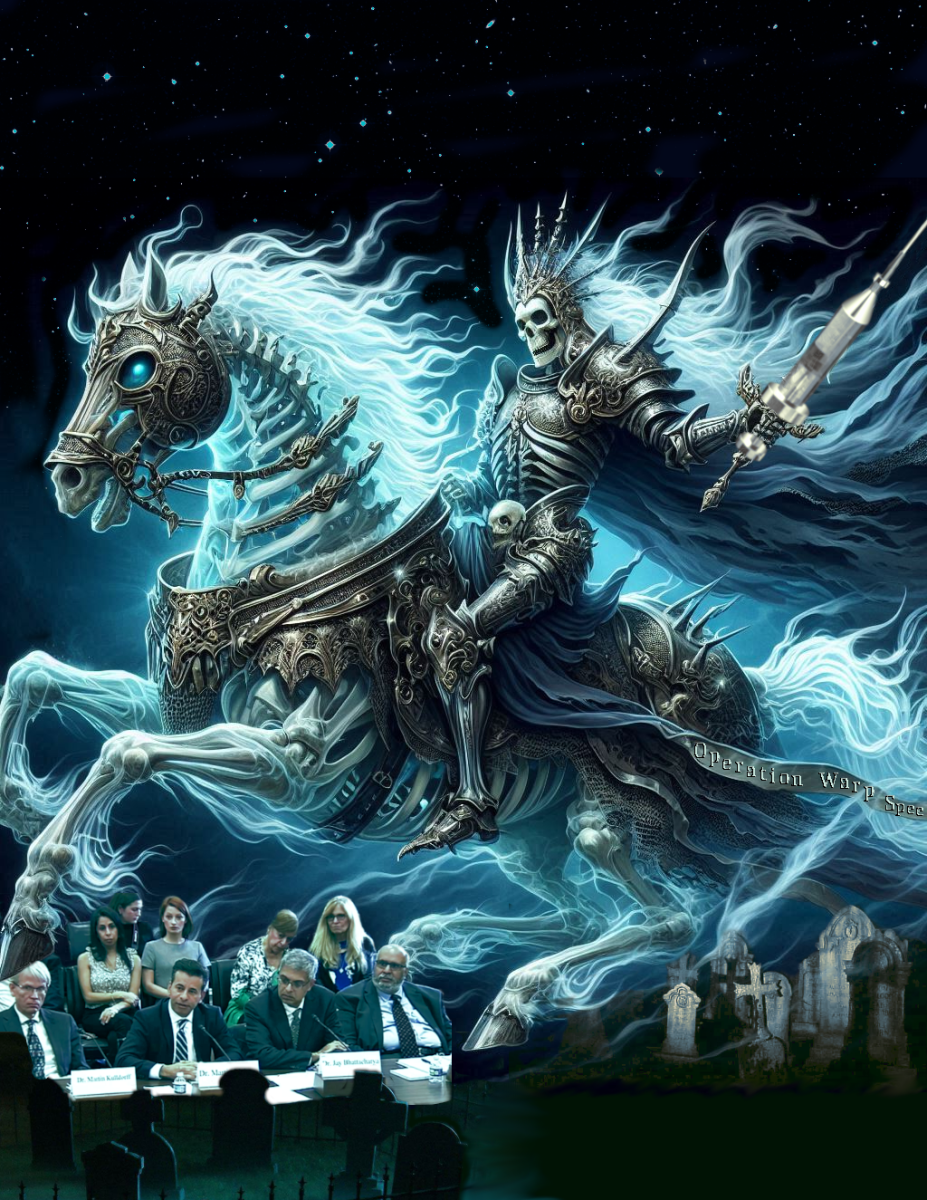Can Science Solve Our Problems?
The Cost Of Progress
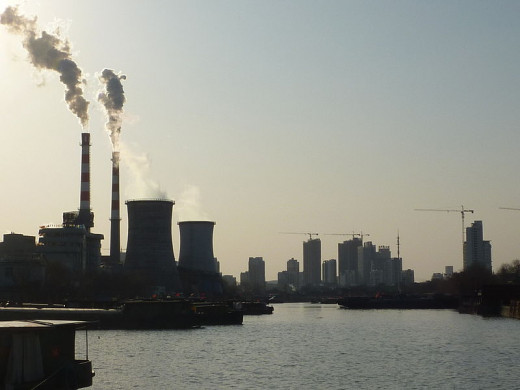
The Man Who Opened Our Eyes
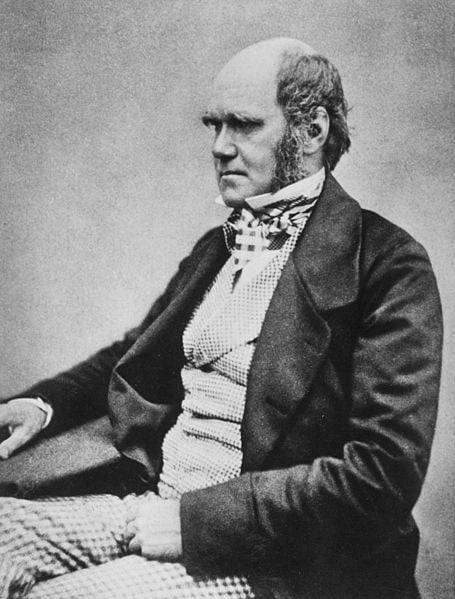
The Virtual World As An Object

How IVF Works
The Downside Of IVF
While IVF has brought great joy and happiness to many infertile couples in the Western world. The obvious downside is that it has removed another natural check on our species, thus confounding the already grave problem of overpopulation. The effects of which, are still to play out.
The Ghost Of Darwin
Wondering whether science can solve our questions is undoubtedly one of the most perplexing questions of our time, and whenever one attempts to answer it seriously, one must first focus on a man who many regard as the most influential scientist, naturalist and thinker of all time.
The reason why Charles Darwin was so reluctant to publish his theories described in On the Origin of Species and
The Descent of Man was simply that their conclusions led to the question of whether humans are fundamentally different from other animals. Many people today find Darwin’s prophetic warning that ‘Man still bears in his bodily frame the indelible stamp of his lowly origin’ hard to accept, either for religious reasons or simply because evidence from all around suggests that humans are not susceptible to the same rules of survival and extinction.
Mankind’s ability to sidestep nature’s systems shows no sign of abating. Since the Second World War his cunning has developed systems that have radically changed the way we relate to each other and to the world around us. Televisions, computers, video games, mobile phones, text messaging and the Internet have taken ordinary people into unnatural worlds where no wildlife can possibly get in their way. Seasons have been abolished as obstacles in the way of consumer choice, with the emergence of air conditioned supermarkets which can source and deliver tens of thousands of different lines of refrigerated foodstuffs from around the world, twenty-four hours a day, 365 days a year.
Broadcast media, which emerged in a truly mass consumer form only in the 1950s, transformed the ability of manufacturers to sell their products through advertising. Modern economic growth can now rely on marketing agencies developing elaborate strategies for convincing millions of consumers to buy products not found in nature that no one really needs. Fashions and fads are essential ingredients in modern man’s ‘virtual world,’ which further increases the distance between the human world, nature and other living things.
Western science is the self-appointed protector of man’s artificial world. Synthesised drugs have engineered longer lifespans; couples who can’t have children naturally now have the chance through IVF; and slim-hipped women who in the past would probably have died during childbirth can now elect to have Caesareans that minimise the risks to their own health.
Such innovations tamper with the fundamental fabric of nature herself- the path of natural evolution through which species survive or fail based on each generation’s natural adaptations to its surroundings. Artificial selection has been applied by humans to animals and plants since the advent of selective breeding and agriculture more than 10,000 years ago, but modern science, with its recent understanding of life’s genetic code, DNA, aspires to giddy new heights. In the short term its aims are to help genetically engineer out life-threatening diseases or to develop drought-resistant crops. In the long term such ‘solutions’ compound the problems of ever-increasing human populations making demands on the same resource-depleted, environmentally wrecked planet.
How far distant is this approach from Hitler’s attempts to interrupt nature’s flow to produce his master race, weeding out the weak from society, allowing the strong and wealthy who can afford expensive treatments to prosper and thrive?
The Roman Habit
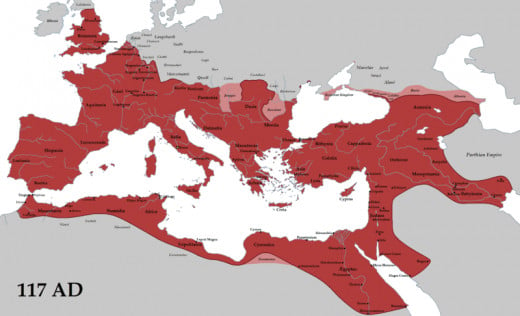
Undoing The Damage

Why We Need To Rewild The Planet And Ourselves
Looking Beyond The Earth
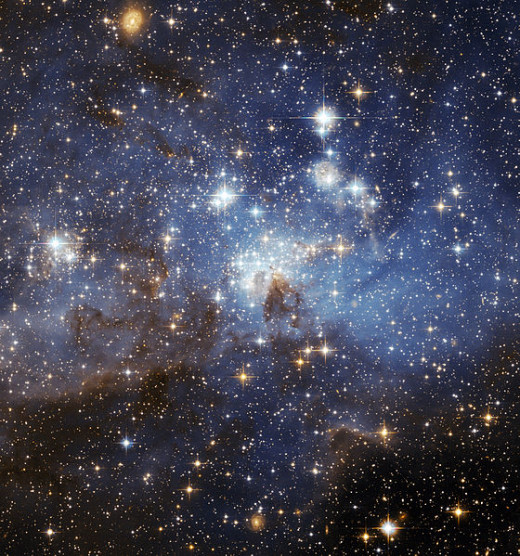
Reversing Tribalism And Nationalism
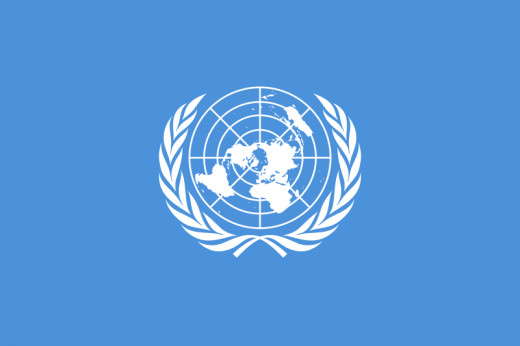
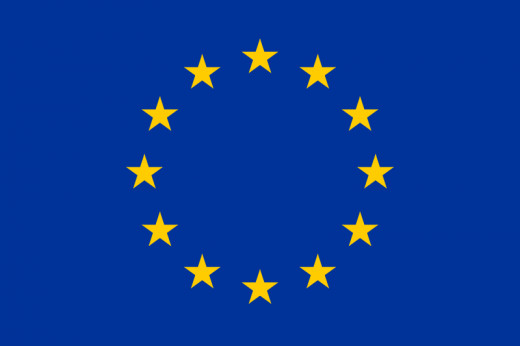
Why Our Problems Are Nothing New
Despite modern appearances, are humans really so different, so apart from nature? What will happen when the earth’s oil runs out? The global addiction to fossil fuels is likely to prove even harder to kick in the 21st century than imperial China’s addiction to imported opium in the 19th. Unless dramatic new levels of investment are made in nuclear energy and renewable energy sources, man’s fossil-fuel-dependent virtual reality could be unplugged by global conflicts over increasingly scarce energy supplies. Financial markets may buckle under the weight of inflation as demand for food and energy soars.
The mantra of ever increasing economic expansion assumes a world with limitless resources. As discovered by the Roman Empire, territorial and economic growth cannot be assured ad infinitum. Plundering the wealth of other continents- a Roman habit inherited first by European explorers and later by Western governments and business corporations- has already been stretched to its limits by the takeover of North America by European settlers and the Scramble for Africa. For how much longer can cheap Asian labour subsidise living standards in the democracies of the West?
What about developing alternative lifestyles that are more sustainable in the long term? Darwin concluded that man has evolved, inescapably, as part of the natural world. Perhaps now is the time to relearn how to live within nature’s means, as some, like Mahatma Gandhi and his followers, have tried to demonstrate. Switch off the electricity, turn out the lights, sell the car, grow vegetables, walk to work, bring back the small local school, learn a craft, buy only what you need, make your neighbours your friends and have fun in simple, traditional ways such as playing cards, storytelling, drama, dancing and building dens outdoors.
But Darwin’s conclusion that humans evolved in the same way as all other life forms suggests that people aren’t naturally well adapted to long-term, rational planning. It has always been the blind watchmaker- nature- that determines, however randomly, the long term state of life on earth, while individual species either collaborate or battle in the here and now. Evolution depends on the strongest survivors passing on useful traits to their successors, while the weakest fall into obscurity and eventually extinction.
Humans today appear to follow their natural instincts every bit as much as their ancestors did. Modern democracies, like hedge-fund managers, plan around the here and the soon-to-be. Their concern is not with making sacrifices in the present for the sake of alleviating possible risks in an uncertain future. As one 21st century American President famously declared, modern Western lifestyles are ‘blessed.’ The pursuit of life, liberty and happiness in the present is what most often seems to count.
Those who hold this view believe humans should continue to live as they do now, except perhaps for a few tweaks here and there. These are the sceptics who believe that all the fuss about finite raw materials and overpopulation is some elaborate hoax propagated by fanatics and societies’ envious have-nots.
Others believe humans, unlike other animals, do have within themselves the capacity for a rational escape from their evolutionary origins. Huge investment in a search for new sources of raw materials, for example by colonising the moon, could be a stepping stone for exploration elsewhere. Techniques to capture and store carbon dioxide emissions before they leak out into the atmosphere could be perfected and made mandatory throughout the world. Proposals to limit CO2 emissions could be driven by a comprehensive trading system in which governments, companies and individuals bid to purchase a fixed number of credits that cap the total amount produced. Consumers could make a start by making short-haul aeroplane flights morally unacceptable- a modern day taboo, to take a leaf out of the Australian Aboriginals’ book.
Such efforts would have to be applied globally, in a rational, consistent and universal manner. Governments would have to agree to caps on CO2 emissions for their military operations too. Thousands of years of tribal conflict, more recently manifested in nationalistic pride and sporting contests, would have to be set aside for the sake of the greater global good, and for generations to come. It could happen. The European Union and the United Nations are examples of attempts to end centuries of tribal rivalries that have got in the way of collective, thoughtful, long term policy.
Final Thoughts
For all of the benefits that it has brought us Westerners, capitalism is vulnerable and will very likely collapse as a direct result of the complete depletion of finite natural resources. Perhaps, the collapse has already begun with the current climate change crisis. It could well be that it is the first phase of nature’s response to the exponential population growth of humans.
It would be nice to be able to say that we can turn things around, but what if our evolutionary instincts prevent us from collectively reaching beyond the short term satisfaction of its immediate material desires? If this proves to be so, then the stark prophecies of Thomas Malthus and Charles Darwin will come to pass, and take centre stage in the next chapter in the thrilling story of life on earth.
What Do You Think?
Can Science Solve Our Problems
© 2013 James Kenny

